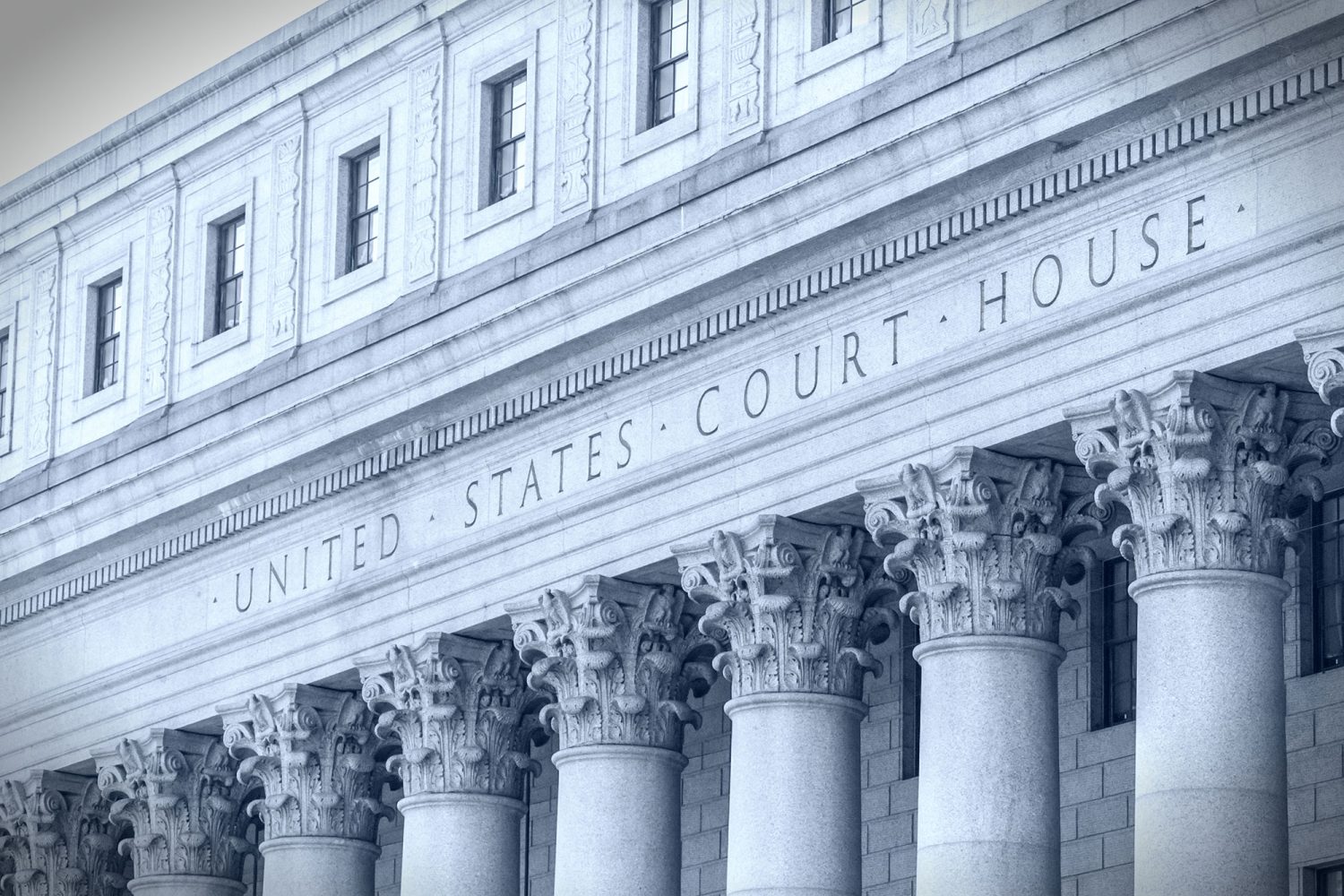Second Circuit Rejects Appeal of Employee Terminated for Refusal to Attend LGBTQ Bias Sensitivity Training

In Zdunski v. Erie 2-Chautaiqua-Cattaraugus BOCES, No. 22-547 (2d Cir. Mar. 13, 2023), the U.S. Court of Appeals for the Second Circuit rejected the claim of a terminated employee that he was unlawfully discriminated against based on religion when he refused to attend mandatory LGBTQ anti-discrimination and bias training. The district court found that the termination was not because of the employee’s religion but rather for repeatedly refusing to attend mandatory employee training sessions. Plaintiff sought reinstatement, back pay and $10 Million in damages.
Background
Zdunski worked at the BOCES central business office in Fredonia, New York for approximately seven years, earning an annual salary of $32,000. After another employee advised the employer that they were undergoing transition surgery, the employer, in keeping with requirements under the Dignity for All Students Act (“DASA”), required all employees to attend LGBTQ anti-bias and sensitivity training. Zdunski advised the employer that the teaching at the training would contradict his religious beliefs as a “devout Catholic” and requested an accommodation exempting him from the training. Zdunski did not attend the training. Thereafter, he received a memo advising him that he was required to attend the mandatory training in May 2018. He again asked the objective of the training and asked for an accommodation. He did not attend the training. Zdunski was then given a counseling memo advising him that he had to attend the mandatory training the next day or be subject to discipline up to and including termination. He did not attend. Shortly thereafter, Zdunski received a termination notice.
The Action
After his termination, Zdunski filed a complaint with the New York State Division of Human Rights (“NYSDHR”) which was cross-filed with the Equal Employment Opportunity Commission (“EEOC”). The NYSDHR issued a determination of No Probable Cause dismissing the complaint which was adopted by the EEOC. Zdunski then filed in the United States District Court alleging that the training was “aimed at changing his religious beliefs about gender and sexuality,” and that attending the training “would have caused him to violate the religious teachings to which he adheres.”
The district court found in favor of the employer holding that the plaintiff’s “unsupported assumption that Defendants believe him to be bigoted due to his religious beliefs is insufficient for support an inference of discrimination.” Additionally, the district court held that “the evidence in the record supported Defendants’ position that his termination was due to repeatedly refusing to attend a mandatory employee training.” In finding that the plaintiff did not point to any evidence that he was treated differently from other employees who refused to attend the training, the district court also found that Zdunski failed to provide any evidence of intent or malice on the part of the employer.
The Second Circuit upheld the district court’s decision finding there was not sufficient evidence to support Zdunski’s claims.
Issues for Employers
Over the last several years, there have been several decisions concerning religious freedom and LGBTQ rights. As more legislation comes down the pike, we can expect more of these types of challenges. Here, the employer was not required to give an accommodation as doing so would have caused the employer to be in violation of New York State law requiring them to provide annual anti-discrimination training to all employees.
Employers should consult with employment counsel to ensure that their trainings, policies and Diversity, Equity and Inclusion measures are up-to-date and consistently applied. Zdunski, through counsel, advised that he intends to seek review from the United States Supreme Court on this issue. The Supreme Court however, is expected to hear another case of religious accommodation in the employment sector in Groff v. DeJoy, which is currently scheduled for oral argument on April 18, 2023.
We will continue to monitor and report on the Groff matter as well as any updates in this matter.
